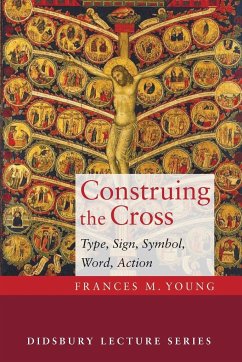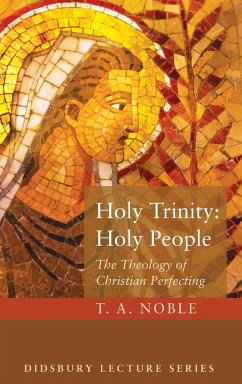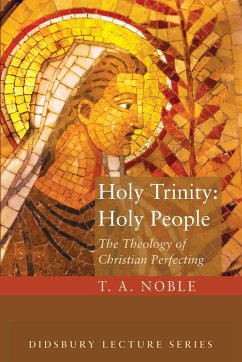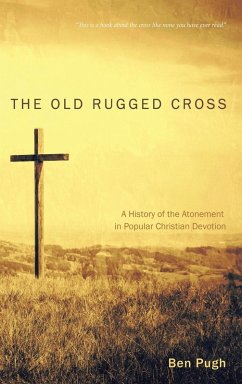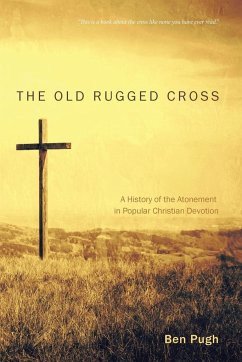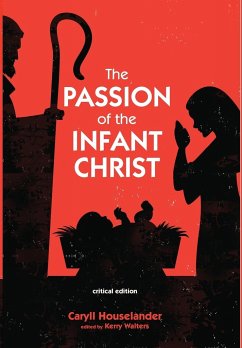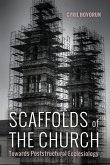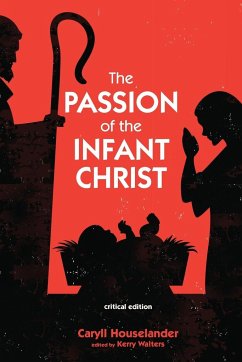This book reconsiders ways in which the cross of Christ was construed before "atonement theories" narrowed the categories. The "typology" of Passover is explored as probably the very first way in which Christians came to understand the passion. The use of sacrificial imagery is re-examined. The significance of identifying the cross with the Tree of Life is traced across the centuries into medieval times, along with other surprising links with the Eden narrative. The validity of seeking imaginative insights to grasp what the cross signifies is given theological consideration in a chapter that moves into literary and liturgical reflections and is punctuated with cruciform poems. The overall outcome is a quite paradoxical focus, not on death, but on life.

